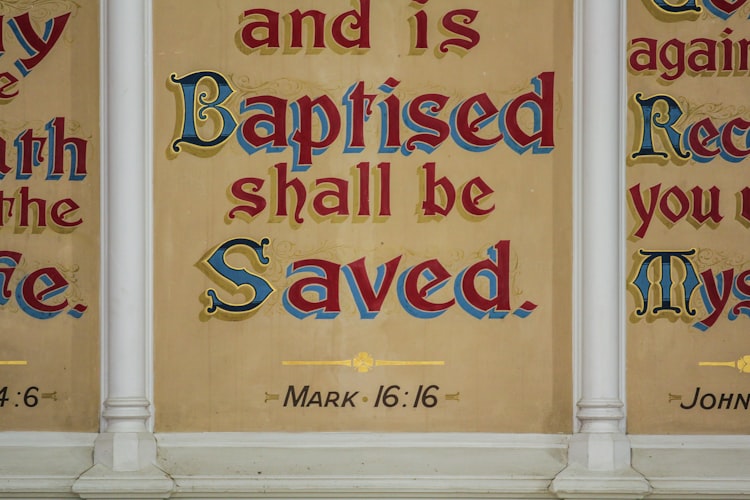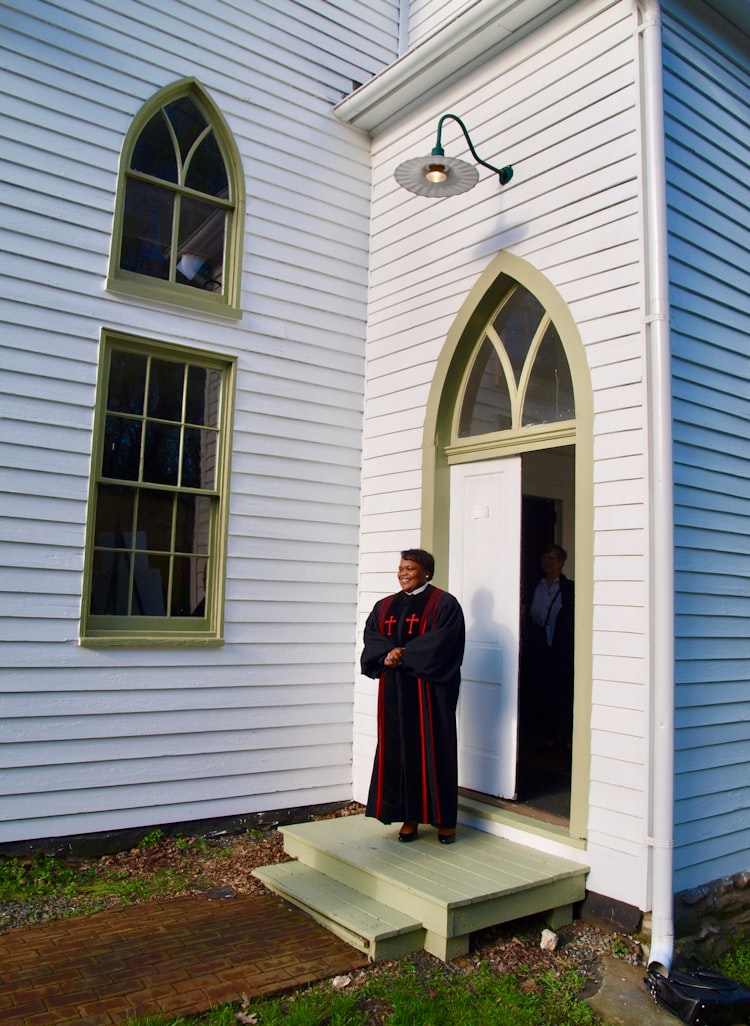A Response to Alisa Childer's Video "5 Warnings Signs Your Church May Be Progressive"
I've recently become aware of Alisa Childers, who is making a career of warning people about the dangers of "Progressive Christianity." I will assume the best of her, that she genuinely believes that progressive Christianity is a danger and she has a moral responsibility to steer people away.
However, she is bearing false witness against her fellow believers.
From what I've seen of her work, she 1) appears to be deeply unaware of the field historical theology; 2) mis-defines "historic, orthodox Christianity" solely around American, evangelical theology, not engaging with other traditions; and 3) leans far too much on fear-mongering to make her point. This ultimately leads to her dramatically misrepresenting others' views.
Here are some off-the-cuff responses to her 5 supposed danger signs.
Alternative View of Scripture. While it's true that a few progressive churches altogether abandon an authoritative view of the Bible, this is not typically a defining characteristic. What Childers fails to mention is that a me-centered/individualistic meaning-making approach most typically happens in conservative/evangelical streams. The question "What does this passage mean to you?" has shown up in far too many Bible study booklets. Historically speaking, denying absolutely any human influence on Scripture and insisting on the notion "inerrancy" started to become popular in the late-1800/early-1900s. It's the new kid on the theological block. While progressive writers/pastors/churches are willing to wrestle with Scripture's imperfections, they do this out of a high view of God and a desire to actually do what Scripture affirms.
The "feelings are emphasized over facts" point is just laughable. Go find any church or preacher that denies the seriousness of covid, systemic racism, or claims that Trump won the election. They would all claim that they're "historic," "orthodox," and "conservative," and yet they are the ones who have lost the grip on reality. One conservative writer once said we should know that homosexuality is wrong because of the "gag factor." How about that for emphasizing feelings over facts. Churches in the charismatic and Pentecostal traditions put a larger emphasis on personal experience and I am quite sure they would bristle at being called progressive.
"Essential Christian doctrines are open for reinterpretation." This has been the case for all Christian traditions since the beginning. So-called conservatives are absolutely guilty of this as well. For instance, some complementarians (those who believe that women cannot hold leadership roles in the church) advocate for a hierarchy within the Trinity, despite the fact that this denies historic orthodoxy. As mentioned above, the view of biblical inerrancy was created in early 1900s as a response to biblical scholarship. Concepts like the rapture, "scientific" 6-day creationism, and 7-year tribulation were invented in 1800s. Moreover, a refusal to reinterpret "essential Christian doctrines" is what has kept anti-semitism and anti-Black racism alive in the church for so long. If you follow the history of the conservative, evangelical movement in the United States, you'll soon realize that what counts as "essential Christian doctrine" is a constantly moving target.
"Historic terms are redefined." Again, this section shows her lack of knowledge in the field of historic theology. Properly defining (and redefining terms) must continually happen as each generation inherits the faith. And, again, conservatives are more guilty of this than most. Biblical authority, the second coming, the Trinity, and biblical gender roles have all received brand new definitions in recent decades as conservatives continue to shift their faith around to fit their culture.
"The Gospel shifts from sin and redemption to social justice." This section shows me that Childers has not actually spent enough time listening to so-called progressive preachers. One of the ways that the Gospel deals with sin and redemption is through social justice. These topics are rarely pitted against each other, except, ironically, by conservatives. If the Gospel is true, if sin is as bad as Scripture says, then pursuing social justice is a necessary response. It is an inaccurate caricature to say that progressive Christians don't talk about sin. Rather it is progressives' shifting of emphasis from solely individualistic sins to social and communal sins that is being misconstrued or misunderstood.
If you want to arm yourself against this sort of historically and theologically anemic propaganda, I'd suggest the following:
Across the Spectrum, Greg Boyd and Paul Eddy
The Mosaic of Christian Belief, Roger E. Olson



Member discussion